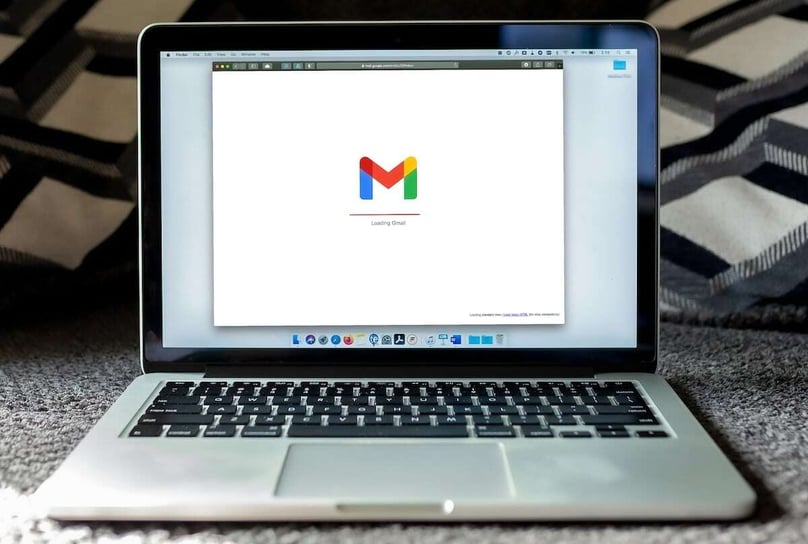
Let's start with an analogy...
It may seem surprising, but a website has a lot in common with a car. The car is a tangible, mechanical object with several moving parts that interact with each other. The website, even if it is intangible, remains a mechanical system with several interdependent components.
Even if one is mainly analog in nature and the other is entirely digital, both require regular and recurring work in order to maintain them at a good working level. In the same way that we perform an oil change or a preventive maintenance on a car, we must perform preventive analysis and maintenance work on a website to ensure its proper functioning.
What is a maintenance plan?
A maintenance plan is a set of recurring services that have as a common goal the well-being of a website. The purpose of a maintenance plan is to bring an extra level of monitoring to your website, proactively, in order to prevent unforeseen situations and at a lower cost than if you had to restore your site if these situations occurred.
From one provider to another, these services may differ somewhat, but they generally contain the following elements:
- Updating the components of your site. Generally speaking, the components are the website engine (WordPress, Craft CMS, Drupal, etc.), extensions and themes. These updates are most often done on a predetermined schedule. Some providers use automated scripts that perform little or no validation, while some will favor a more "manual" approach, where any update will be validated by a specialist before deciding whether or not to perform it.
- Recurring backups of your website at regular intervals. These backups will make a copy of your files and database, ideally to a different server than the one where your site is hosted. Frequencies can range from monthly backups to daily backups. Some providers even offer real-time backups.
- Checking the availability of your site. A call is made to the website by your provider, again at a predefined frequency. This can range from one check per minute to one every 60 minutes. Normally, when the website is unresponsive, your provider will contact you to notify you and may even, depending on the service levels offered, proactively work to get the site up and running again.
- Security scans and vulnerability monitoring. Security scans will scan the files on your website for malware or components of your site that may have been hacked. Vulnerability monitoring checks your site's components and compares the installed versions to various lists of known vulnerabilities so that they can be proactively fixed.
- Performance testing. Most providers offer this service, but will only test the homepage. In some exceptional cases, they will offer you the possibility to test different pages, but this is rather rare and often available at an additional cost. Also, from one provider to another, the testing methods can differ greatly. Some use alphabetical scales (A, B, C, etc.), sometimes numerical values, while others use percentages. Finally, they don't always measure the same criteria, so this can make comparisons more difficult.
- Monthly reports of work done. These reports often take different formats, but as a general rule, the report sent out contains details of all the work that has been done in the previous month.
Why is the maintenance plan
essential?
Any business with a retail outlet or showroom open to the public knows very well that appearances are very important. As a customer, if you walk into a store and it looks bad, your experience will not start on a positive note. If you visit a dealership and the cars are in bad shape, the chances of you moving forward with a purchase are greatly reduced.
In the same vein, your website represents your business on the web. It is the one that carries your word and whose mission is to convert the visitor into a future customer. As the author David Swanson said so well, we never get a second chance to make a good first impression. The same is true for your website.
A maintenance plan is the best tool to ensure that your site continues to make a good first impression after it goes live. Why take the chance of letting your website wither and fail to live up to your expectations?
By being proactive, you ensure that it continues to perform, and you prevent periods of unavailability that can be extremely costly, both in terms of missed opportunities and costs to get the site back up and running.

Finally, remember that you should not work for your website. It is your website that should work for you. And just like a car, it is always easier to let a specialist take care of the maintenance and therefore have more time to work on the evolution and success of your business.






